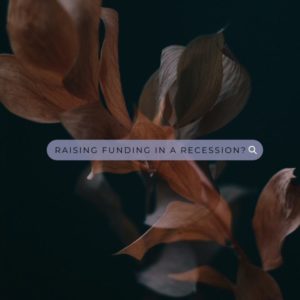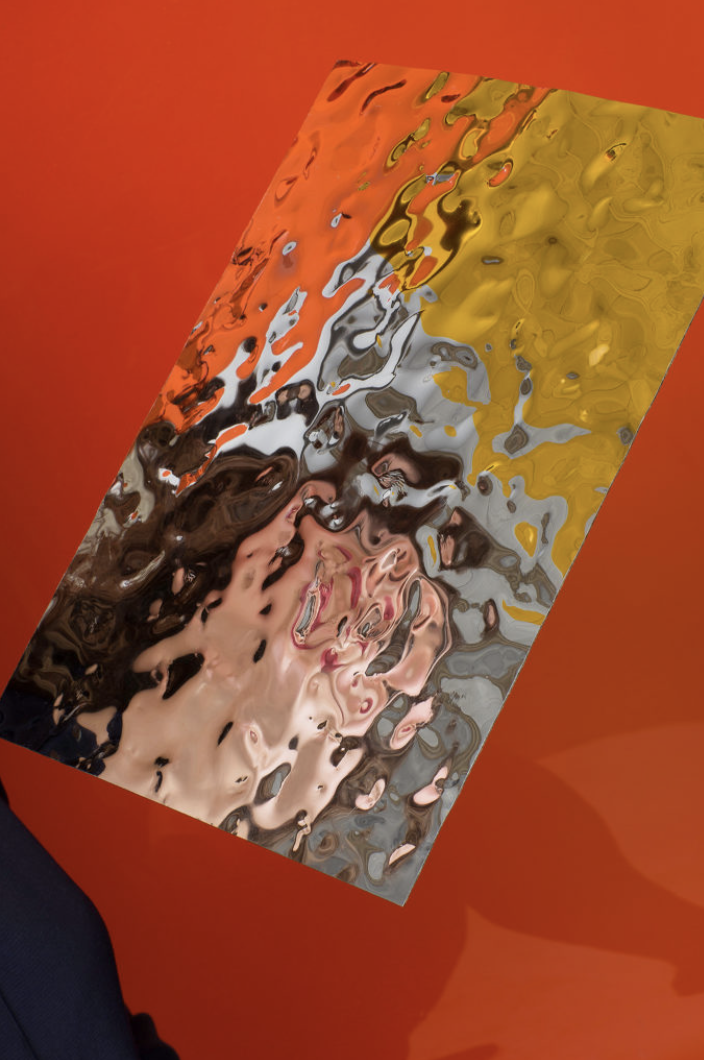(image source: https://www.dutchinvertuals.nl/exhibitions/mutant-matter/)
Yesterday I gave a workshop on Resilience in VUCA times to the advertising industry in the UK which went really well but I could see the resistance that come up as soon as the conversation shifted to the notion that actually so often it is not just the external interference that undermines our resilience but more importantly the internal interference that blocks us.
The judgements (this is a BIG one), doubts, self-criticism, not feeling good enough, being In blame, in anger, feeling shame and carrying guilt are all huge interferences.
And as a result affecting our external conversations, interpersonal relationship, the environment and the outcomes we have in our life leaving us feeing even more with a distorted picture of reality.
Left in a state of feeling threatened, in defensive responses and lacking trust. It drags us into comparison, mediocracy, scarcity and survival mindset.
To take radical responsibility in today’s world is to look at this head on:
‘Interference is constant stream of internal dialogue that has a person in judgement of themselves and others reacting not responding hindering our spontaneous creative resourcefulness and potential’
Hay Group
What we don’t often remember is that it’s our intrinsic belief system that is showing up, thoughts that are coming from patterns deep in our subconscious mind. A.k.a our true comfort zone! Which should be renamed as the ‘Confinement zone’ .
What we were told as a child by our parents, ex-boyfriends, bosses, culture, politics, local community, the environment, hell even the lyrics of the song we listened to as a kid. These words that were told, heard, spoken all sit deep in our subconscious mind, written all over the walls of our comfort zone.
Our unconscious mind affects 96% of our decisions, actions, how we think, how we feel. Psychology says only 4% comes from consciousness.
But we can break the subconscious pattern in our mind by changing our thoughts. Our thoughts effect our feeling, feelings our behaviours, our behaviours our thoughts and the cycle continues. So by flipping the script we can take on new ways of behaviour.
Skills of resilience can help immensely in wellbeing as life throws curve balls and it presents it’s regular twists and turns.
Mental agility, one of the key pillars of resilience, enables intrinsic motivation by enabling you to discovermental patterns and stereotypes, that prevent you from continuing your motivation and you start to transform it into our positive functional effect. The result being removing the interferences by enabling a more trusting, positive outlook that engages you in your true potential.
It’s the removal of such interferences from your potential that allows you to step into your true productivity. By that I mean your true creative flow, being you! Not just doing more in less time!
So to become resilience you really get to look at your comfort zone, the one that stands way beyond the walls of your home. How resilient you are depends on how both your traits and the state of your being is in the moment of the event.
- When you are having an adverse event stop to remember you have choice. There is freedom to choose how you react, what to think, you have choice over the thought you have. You can respond rather than react. Your thought will hold the key to who you will be in that moment and how it can provide resource for you in the person you will become after the event.
- To help think about the event happening in the 3rd person feel how neutrality starts to wash over you. Literally retell the story in your head in the 3rd person. Detach yourself so you can see it as neutral and that you have the choice on the interpretation and therefore the experience you have.
- AND book a pitty party with your friends if you really want to vent being a victim and I can tell you it’s very healing! Put time aside for it, but don’t let it sabotage and undermine your true power to influence a positive outcome by dragging you to emotional reaction rather than a constructive response to the adverse event.
How do you feel about your comfort zone?
How do you define it?
Does it provide comfort?





